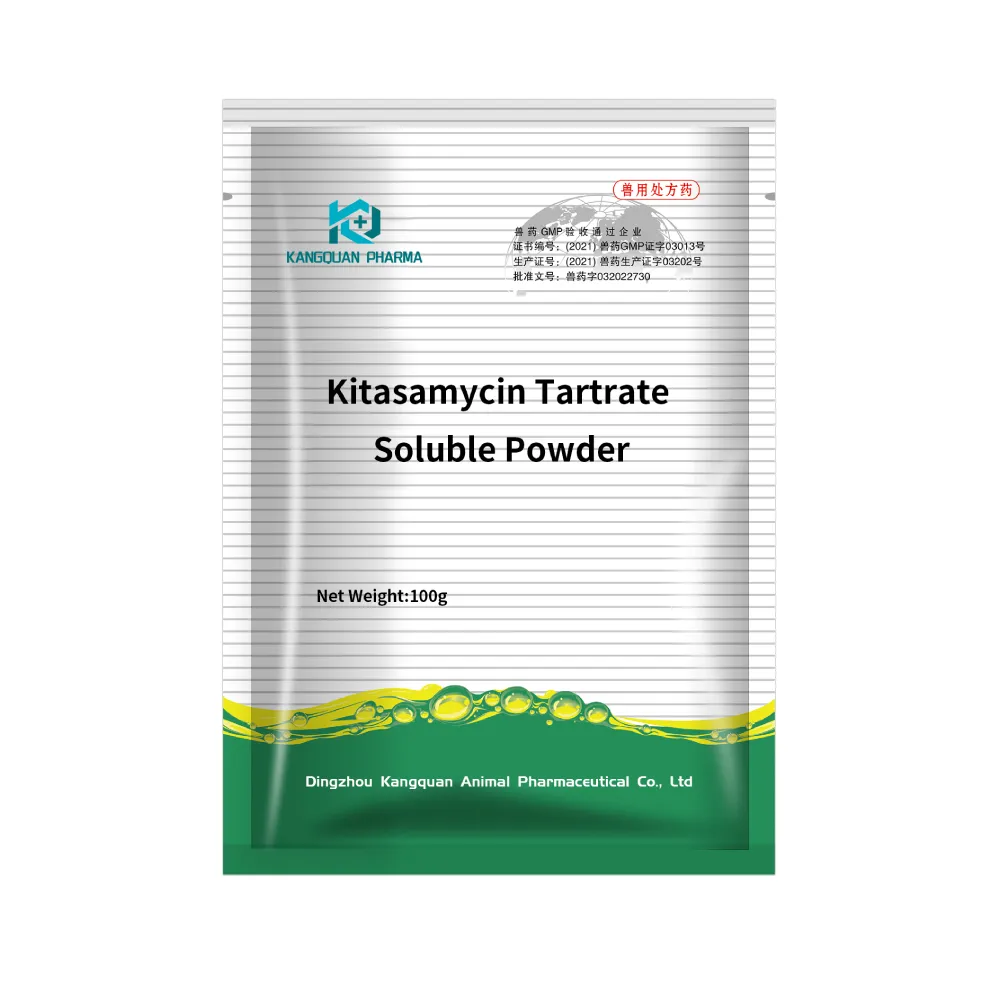- Afrikaans
- Albanian
- Amharic
- Arabic
- Armenian
- Azerbaijani
- Basque
- Belarusian
- Bengali
- Bosnian
- Bulgarian
- Catalan
- Cebuano
- Corsican
- Croatian
- Czech
- Danish
- Dutch
- English
- Esperanto
- Estonian
- Finnish
- French
- Frisian
- Galician
- Georgian
- German
- Greek
- Gujarati
- Haitian Creole
- hausa
- hawaiian
- Hebrew
- Hindi
- Miao
- Hungarian
- Icelandic
- igbo
- Indonesian
- irish
- Italian
- Japanese
- Javanese
- Kannada
- kazakh
- Khmer
- Rwandese
- Korean
- Kurdish
- Kyrgyz
- Lao
- Latin
- Latvian
- Lithuanian
- Luxembourgish
- Macedonian
- Malgashi
- Malay
- Malayalam
- Maltese
- Maori
- Marathi
- Mongolian
- Myanmar
- Nepali
- Norwegian
- Norwegian
- Occitan
- Pashto
- Persian
- Polish
- Portuguese
- Punjabi
- Romanian
- Russian
- Samoan
- Scottish Gaelic
- Serbian
- Sesotho
- Shona
- Sindhi
- Sinhala
- Slovak
- Slovenian
- Somali
- Spanish
- Sundanese
- Swahili
- Swedish
- Tagalog
- Tajik
- Tamil
- Tatar
- Telugu
- Thai
- Turkish
- Turkmen
- Ukrainian
- Urdu
- Uighur
- Uzbek
- Vietnamese
- Welsh
- Bantu
- Yiddish
- Yoruba
- Zulu
8 月 . 14, 2024 04:13 Back to list
Effective Use of Albendazole 600 mg Bolus for Treating Parasitic Infections in Veterinary Medicine
Albendazole Bolus 600 mg A Comprehensive Overview
Albendazole is an essential pharmaceutical agent belonging to the benzimidazole class of drugs, primarily utilized as an anthelmintic. This medication is effective against a wide range of parasitic infections, making it a critical tool for treating and controlling various worm infestations in both humans and animals. One of the common formulations of albendazole is the 600 mg bolus, which is primarily used in veterinary medicine, particularly for livestock.
Mechanism of Action
Albendazole operates by inhibiting the synthesis of microtubules in the parasitic cells. By binding to β-tubulin, it disrupts the formation of the cytoskeleton within the parasites, ultimately leading to their death. This unique mechanism allows albendazole to be effective against multiple types of helminths, including roundworms, tapeworms, and some species of flukes. The broad-spectrum efficacy of albendazole makes it particularly valuable in agricultural settings, where maintaining the health of livestock is crucial for productivity.
Indications and Uses
In veterinary medicine, the albendazole 600 mg bolus is widely prescribed for the treatment of various gastrointestinal nematodes, cestodes, and some protozoan infections commonly found in cattle, sheep, goats, and horses. These parasitic infections can lead to significant health issues in livestock, resulting in poor growth rates, lower milk production, and even death in severe cases. By administering albendazole, farmers can enhance the health of their animals, ensuring better yield and overall productivity.
Administration and Dosage
albendazole bolus 600 mg

The 600 mg bolus form of albendazole is designed for easy administration in large animals. Depending on the type of infection and the specific animal being treated, the dosage may vary. It is crucial for veterinarians to prescribe the correct dosage based on the weight and health status of the animal. Generally, the bolus is administered orally, either directly or mixed with feed, ensuring that the animals receive the full dose effectively.
Safety and Side Effects
Albendazole is generally recognized as safe when used appropriately in veterinary medicine. However, potential side effects may occur, although they are relatively rare. Some animals may experience gastrointestinal disturbances, such as vomiting or diarrhea. More serious adverse effects are uncommon but can include liver toxicity if used at high doses or prolonged periods. It is essential to adhere to the recommended dosages and treatment durations to minimize the risk of side effects and ensure the safety and health of livestock.
Resistance and Future Directions
As with many anthelmintics, there is growing concern about the development of resistance to albendazole among certain parasitic species. This resistance can significantly undermine its effectiveness, prompting the need for alternative strategies and combination treatments. Ongoing research is essential to monitor resistance patterns and develop new formulations that can enhance the efficacy of albendazole.
Conclusion
Albendazole bolus 600 mg remains a cornerstone in the management of parasitic infections in livestock, providing a cost-effective and efficient means of maintaining animal health. Its ease of administration and broad-spectrum efficacy make it invaluable to farmers and veterinarians alike. As the agricultural industry continues to face challenges posed by parasitic infections and resistance, innovative approaches and vigilant management practices will be crucial in ensuring that albendazole and similar medications continue to play a vital role in livestock health and welfare.
-
The Power of Radix Isatidis Extract for Your Health and Wellness
NewsOct.29,2024
-
Neomycin Sulfate Soluble Powder: A Versatile Solution for Pet Health
NewsOct.29,2024
-
Lincomycin Hydrochloride Soluble Powder – The Essential Solution
NewsOct.29,2024
-
Garamycin Gentamicin Sulfate for Effective Infection Control
NewsOct.29,2024
-
Doxycycline Hyclate Soluble Powder: Your Antibiotic Needs
NewsOct.29,2024
-
Tilmicosin Premix: The Ultimate Solution for Poultry Health
NewsOct.29,2024













